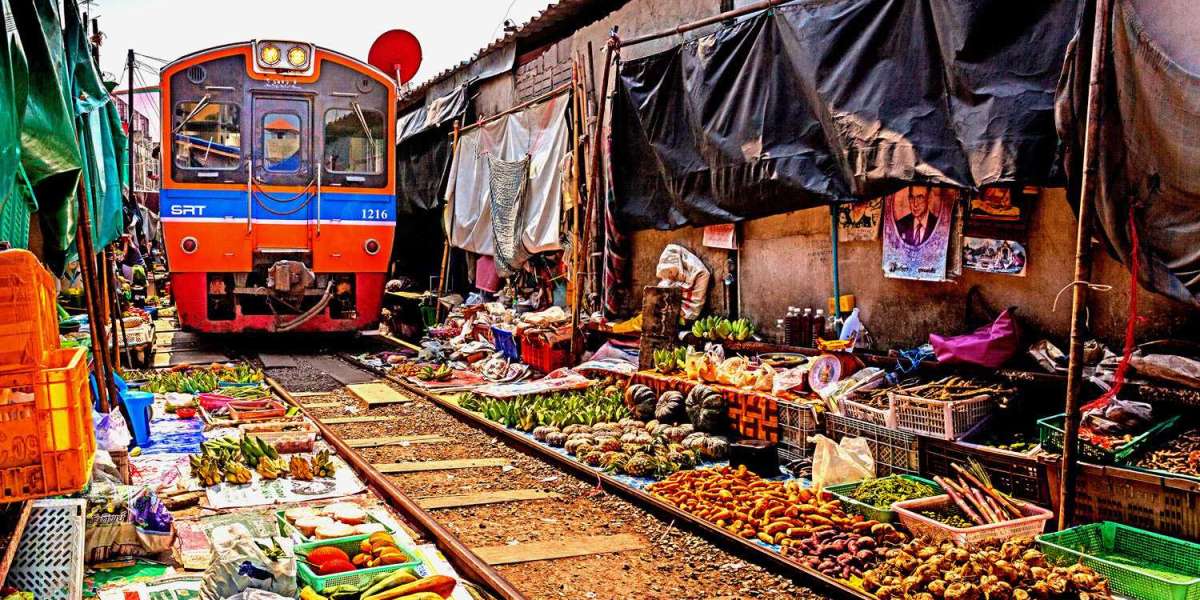The Netherlands Railroads Market is one of the most developed and efficient rail transportation sectors in Europe. With its advanced infrastructure, the Netherlands has positioned itself as a key player in the global rail industry. The country’s railroad network offers extensive connectivity across major cities, towns, and industrial hubs, making it an essential component of the nation’s transportation system. In recent years, the Netherlands Railroads Market has seen significant investments aimed at modernization, environmental sustainability, and expanding passenger services. This growth is supported by an evolving demand for both domestic and international rail travel and freight movement.
Overview of the Netherlands Railroads Market
The Netherlands has a long history of rail transportation, dating back to the 19th century. Today, its rail network includes over 7,000 kilometers of tracks that serve millions of passengers annually. The country’s railroads are not only a vital mode of transport but also a central element of the Dutch economy, facilitating the movement of goods and contributing to the country’s position as a logistics hub in Europe.
Key Players in the Netherlands Railroads Market
A few key companies dominate the Netherlands Railroads Market. The state-owned Nederlandse Spoorwegen (NS) is the primary player in passenger rail services. NS operates both domestic and international train services, offering high-speed connections to neighboring countries like Germany, Belgium, and France. In the freight sector, companies such as DB Schenker, ProRail, and other international logistics firms utilize the country's extensive rail network to move goods across Europe efficiently.
Trends in the Netherlands Railroads Market
Several trends are shaping the future of the Netherlands Railroads Market. Sustainability is one of the most important factors, with the Dutch government committing to make rail transportation more environmentally friendly. Electrification of rail lines, coupled with the growing focus on renewable energy, plays a key role in reducing carbon emissions. Additionally, the growing demand for high-speed trains and smart rail technologies is expected to drive further innovation in the industry.
Challenges Facing the Netherlands Railroads Market
Despite its strengths, the Netherlands Railroads Market faces some challenges. Congestion on certain rail lines and aging infrastructure pose ongoing issues. The government and private companies are investing in modernization projects to address these concerns, including expanding capacity and upgrading existing tracks and stations. Furthermore, maintaining punctuality and service quality remains a priority to keep passenger satisfaction high.
The Future of the Netherlands Railroads Market
Looking ahead, the Netherlands Railroads Market is expected to continue its growth trajectory, fueled by ongoing investments in infrastructure, technology, and sustainability. The expansion of high-speed rail and the further integration of digital technologies, such as real-time tracking and autonomous trains, will play a critical role in shaping the future of rail transport in the Netherlands.
In conclusion, the Netherlands Railroads Market remains a vital sector with significant potential for growth. With its strong infrastructure, commitment to sustainability, and continued innovation, the country is poised to maintain its leadership role in the European rail industry.
More Trending Reports








